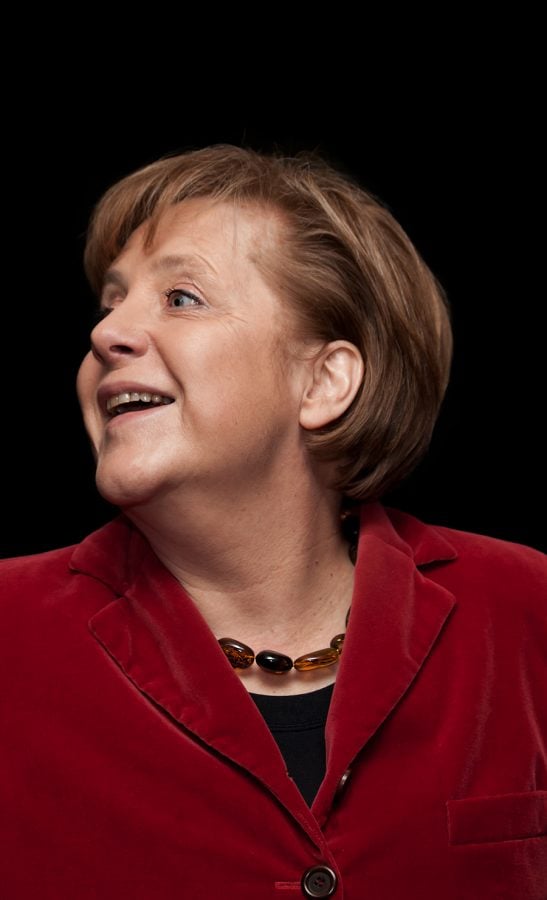Germany faces problems in forming a coalition
Germany held federal elections on Sept. 24, and a coalition government has yet to be formed.
Germany’s electoral system utilizes a form of proportional representation in which each voter gets two votes, one for a candidate of their choice and the other for a party. Germany’s federal parliament is comprised of 598 seats, and a party must reach a 5 percent of the vote threshold in order to send a representative to Berlin. So what obstacles is Germany facing in forming this coalition?
In short, a change of dynamics. While Germany’s traditionally dominant parties, the Christian Democrats and Social Democratic Party suffered sharp losses, the nation’s smaller parties, in particular, the far-right, anti-immigrant Alternative for Deutschland, gained seats in parliament.
“The superficial answers refer to ‘mistakes’ the two big parties may have committed. In reality, they did not do a bad job (compared to earlier times),” said Leo Brux, a political science professor associated with Guilford’s study abroad program in Munich, in an email interview. “They are punished now by the voters because the general political climate has deteriorated and has undermined their political basis, reliable conservative and reliable progressive classes.”
Following the elections, there were exploratory talks regarding a potential “Jamaica” coalition, a coalition between the CDU/CSU, Free Democratic Party and the Green Party. However, nothing came to fruition.
“I think the Jamaica coalition broke up over taxes, immigration and coal consumption,” said Professor of Political Science Ken Gilmore. “The Greens want to get rid of coal and live up to environmental agreements, while in that regard, the FDP is more like the pro-business wing of the Republican party who want energy, anything they can get.”
The composition of parliament will look different not solely in terms of party makeup, but also the individual demographics of lawmakers. While the representation of women decreased by 6 percent, approximately 8 percent of the parliament comes from an immigrant background.
“The CDU is made up of old, rural, church-going Germans. The same thing is happening with the Republicans in the United States, they’re getting older and they’re getting whiter, but demographics are changing,” said Gilmore. “Women lost a tremendous amount of seats. (German parliament) is becoming more male, and more people with immigrant roots.”
A potential result is that the CDU/CSU and SPD will form the “Grand Coalition.” Although the two parties formed a coalition following 2013 elections, the SPD withdrew from the alliance in 2017 in order to become the main opposition party. However, in recent weeks the parties have been holding negotiations over key issues like migration, paving the way for a prospective joining.
“It is likely now that there will be this Grand Coalition,” Brux said. “The SPD knows that they will lose more voters in going this way, but they sacrifice their own wellbeing as a party to what is necessary now for Germany. Their voters will punish them for being in government.”
If a coalition is unable to be formed, the government is left with two options: hold another nationwide vote, or create a minority government, something that has not occurred in the nation since before World War II.
“Germany (may) have to form a new government,” said sophomore Quinn Candelaria. “It only reflects the current political and social environment Germany and Europe are in. There is a rise in right-wing politics, given the feelings towards the influx of migrants in the past two years.”
In the possible event of a CDU/CSU-SPD coalition, AfD, which holds the third most amount of seats in parliament, will become the primary opposition party.
“One party may win in government, the AfD,” Brux said. “Because their voters are more interested in destruction than in construction. That may be our future.”









